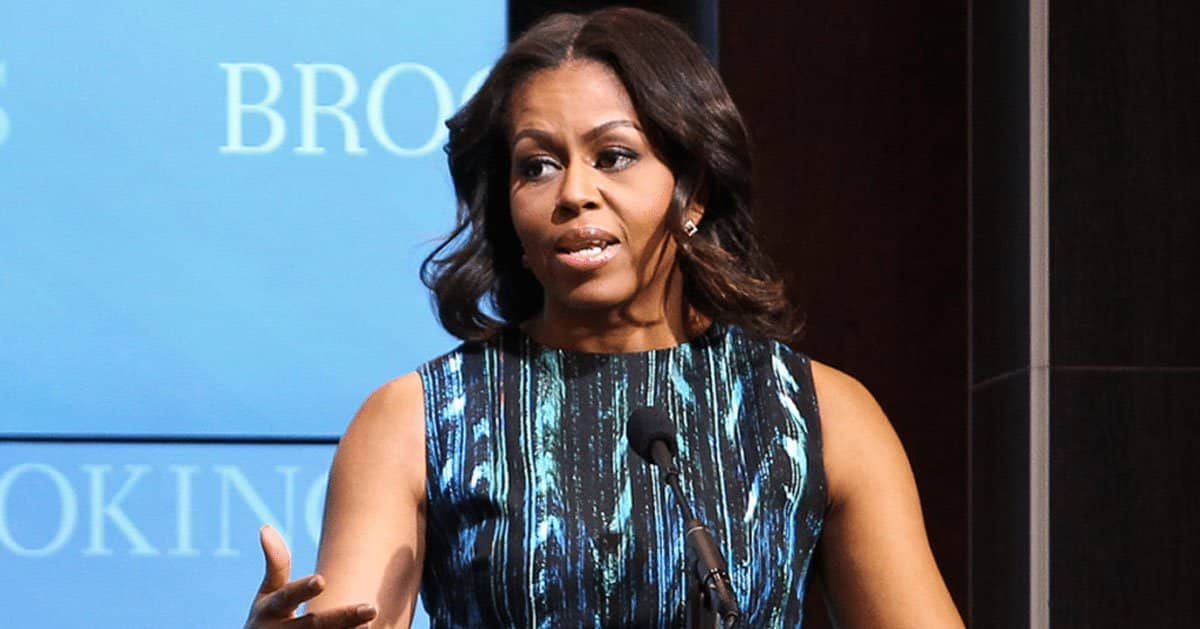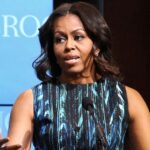







Donald Trump secured the presidency by tapping into the 'bro vote', with key strategic insights from his youngest son, Barron.
The Daily Mail reported that Trump's recent presidential victory can largely be credited to a unique campaign approach that targeted young, typically apathetic voters through a blend of hypermasculinity and alternative media.
Barron Trump, the President-elect's youngest son, emerged as an influential figure in this strategy, providing critical advice on media appearances and digital ventures.
At the young age of 18, Barron was already deeply involved in the planning of his father's campaign.
His input was crucial in selecting which digital platforms and personalities would best resonate with the campaign's target demographic.
Barron's recommendations led to Donald Trump appearing on popular podcasts hosted by figures like Adin Ross and Joe Rogan. These appearances were instrumental in shaping Trump's image among younger voters, a demographic traditionally less engaged in politics.
The strategy to engage this group involved not just podcasts but also attendance at high-energy events such as football games and UFC fights. Barron's suggestions helped to cement his father's appeal to a demographic that valued both entertainment and a sense of rebellion against the status quo.
This approach was termed 'bro politics' and was centered on activities and rhetoric that promoted traditional notions of masculinity, which resonated strongly with young male voters.
Barron also proposed the creation of a cryptocurrency business, World Liberty Financial. This venture was aimed at tapping into the growing interest in alternative financial systems among young, tech-savvy voters.
Although Donald Trump had previously expressed skepticism about cryptocurrencies, under Barron's influence, he adopted a more supportive stance, which aligned well with the interests of his target voter base.
The executives chosen to manage World Liberty Financial were known for their involvement in businesses that pushed the boundaries of traditional finance, further appealing to a demographic known for its distrust of conventional banking systems.
Trump's campaign also benefited from endorsements by celebrities like Elon Musk, Dana White, and Hulk Hogan, who are popular figures within the same demographics targeted by the campaign. These endorsements were not just passive; they involved active promotion and defense of Trump's candidacy.
Elon Musk's engagement, in particular, was a significant boon, with the tech mogul using his substantial social media reach to mobilize support for Trump. Musk's endorsement was seen as a critical endorsement, rallying young male voters who admire Musk's entrepreneurial success and outspoken nature.
Joe Rogan, who gave a last-minute endorsement to Trump, further amplified this effect by hosting an episode with Elon Musk that broke viewership records, endorsing Trump's candidacy explicitly.
The focused strategy on 'bro politics' significantly impacted voter demographics, drawing in not only young white men but also increasing Trump's support among Black and Latino men. This shift was reflected in the election results, where Trump captured 54% of the male vote, a notable increase from his previous campaigns.
Dana White, after the election, celebrated Trump's resilience and the family's determination, attributing the victory to what he described as 'karma' after years of political battles.
This election has set a precedent in U.S. politics where the influence of digital media and non-traditional campaign strategies can lead to significant electoral gains, demonstrating the power of aligning a campaign with the cultural currents of its time.



